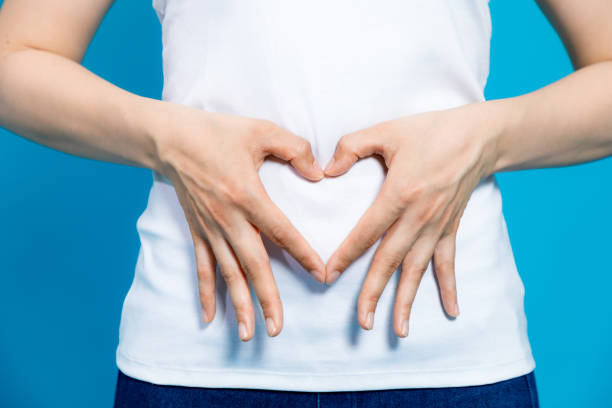Impact on Digestive Health
Probiotics are widely researched for their effects on digestive health. Strong evidence suggests that probiotic supplements can help cure antibiotic-associated diarrhea. When people take antibiotics, especially for long periods of time, they often experience diarrhea — even long after the infection has been eradicated. This is because the antibiotics kill many of the natural bacteria in your gut, which shifts gut balance and allows harmful bacteria to thrive.
Probiotics also combat irritable bowel syndrome (IBS), a common digestive disorder, reducing gas, bloating, constipation, diarrhea and other symptoms. Some studies also note benefits against inflammatory bowel diseases, such as Crohn’s disease and ulcerative colitis. What’s more, probiotics may fight Helicobacter pylori infections, which are one of the main drivers of ulcers and stomach cancer.
If you currently have digestive problems that you can’t seem to vanquish, a probiotic supplement may be something to consider — though you should consider consulting with your doctor first.
Impact on Weight Loss
People who are obese have different gut bacteria than those who are lean. Interestingly, animal studies indicate that fecal transplants from lean animals can make obese animals lose weight. Therefore, many scientists believe that your gut bacteria are important in determining body weight. Although more research is needed, some probiotic strains appear to aid weight loss.
In one study in 210 people with central obesity, which is characterized by excess belly fat, taking the probiotic Lactobacillus gasseri daily resulted in an 8.5% loss of belly fat over 12 weeks. When participants stopped taking the probiotic, they gained the belly fat back within four weeks. Evidence also suggests that Lactobacillus rhamnosus and Bifidobacterium lactis can assist with weight loss and obesity prevention — though this needs more research. Conversely, some animal studies demonstrate that other probiotic strains could lead to weight gain, not loss.


